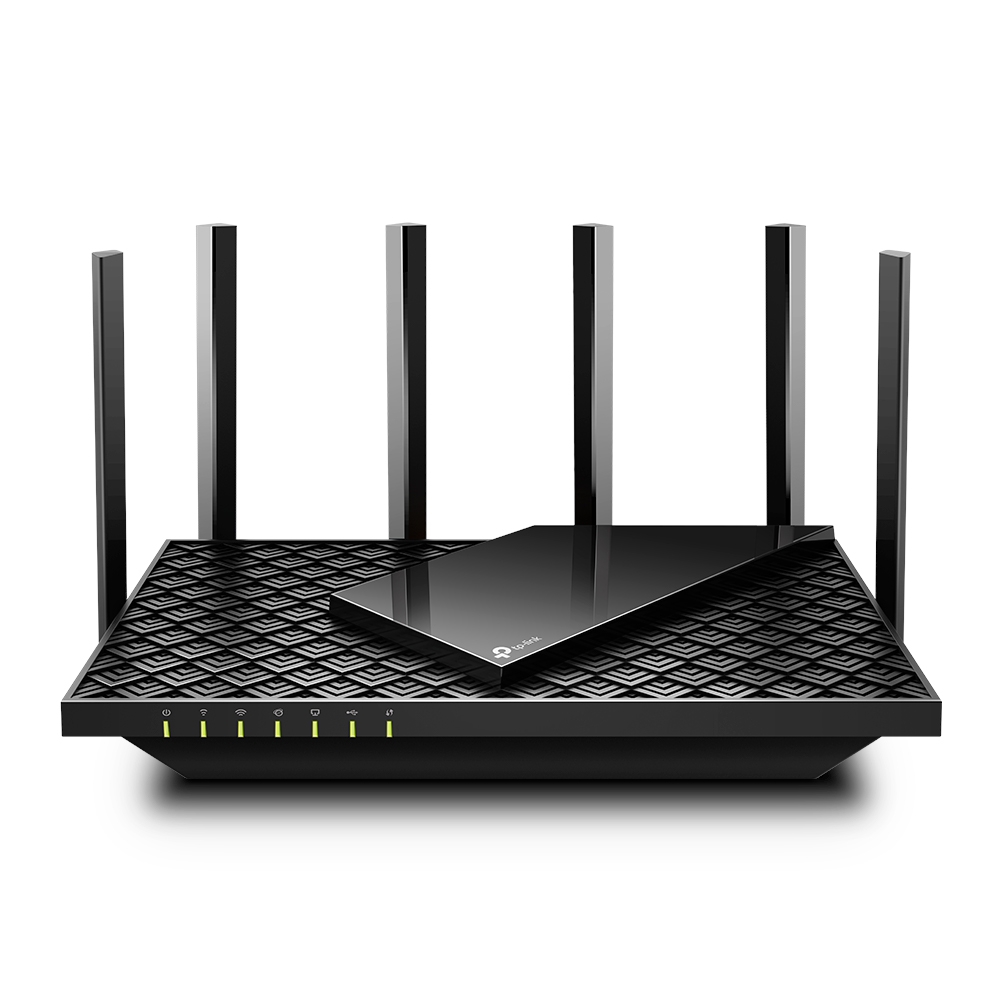Sven Golly
Occasional Visitor
First, we don't have any WIFI 6 devices in our home. Something may use WIFI 6 in the future but everything connected is 802.11ac or lower.
DEVICES:
DEVICES:
- 2 home office computers - ethernet
- solar array monitor - ethernet
- Obihai VOIP box - ethernet
- 3 Wyze IP cameras including front door. Side door cam sometimes loses signal.
- 2 Amazon Fire Sticks
- 3 laptops
- LG WebOS TV
- two cell phones
- bHyve irrigation control - furthest away from router. Sometimes loses signal.
- USB 3.0 Hard Drive (attached to router)
- 2800 sq ft house, 2 stories
- Router has to be located upstairs in master BR closet where cable modem comes in.
- ISP = Spectrum = 200gb down, 10gb up
- My RT-56U is running an older version of Merlin firmware but it works fine. I don't dabble much.
- I do use guest network feature a lot. Merlin technically supports 3 guest networks but it really only works with 2.
- I could use my 56U as a wireless repeater for the remote stuff.
- Asus RT-AX86S - $179
- TP-LINK AX5400 - $139 (on sale)
- TP-LINK AX6600 (A90) - $200
- ASUS ROG Rapture WiFi Gaming Router (GT-AC2900) - $89 (on sale) - Do I really need AX?




